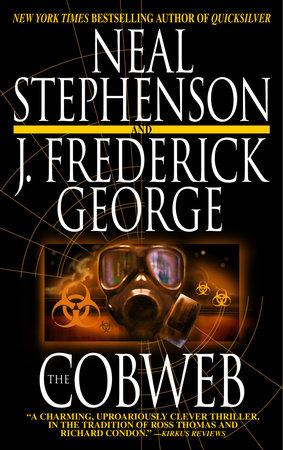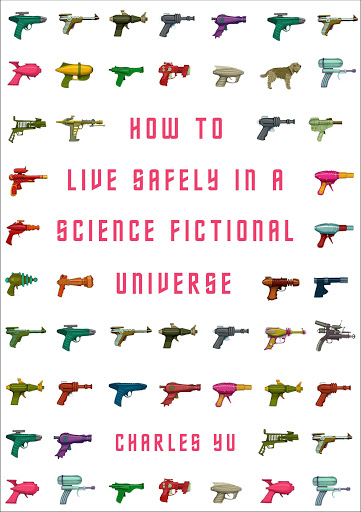
As beautiful as some of the writing is, even more impressive is the meaning, the force, the import saturating the prose.

Are you sure you're you? Are you sure you didn't slip out of yourself in the middle of the night, and someone else slipped into you, without you or you or any of you even noticing. Ask yourself how much of the universe you have ever really seen. Ask your computer to print out a list of every lie you have ever told. Gross, right? A bloody pulpy liquid mess. Now, with the second heart, smash the first one into bits. There is ache and humor, introspection and insight and a large doses of “please help me” floating around in the space surrounding his words. Life is, to some extent, an extended dialogue with your future self about how exactly you are going to let yourself down over the coming years. Unlike what I saw as mere hip surface shine in Zone One, Charles Yu’s story, while slickly written, is imbued with real, tangible emotion that spoke to me.

I certainly thought it was a terrific contrast to what I found to be the glossy, soulless disingenuousness of Zone One. While not an untrammeled success and a bit murky, at times, with its message delivery, I thought this was, overall, an exceptional achievement. And somewhere inside it is the information that could help him-in fact it may even save his life.Īnother example of high concept literary fiction costuming itself in the tropes, set designs and jargon of genre fiction, while striving to create something unique, penetrating and memorable.Īnd, in this case, succeeding brilliantly. It’s called How to Live Safely in a Science Fictional Universe, and he’s the author. He learns that the key may be found in a book he got from his future self.


Accompanied by TAMMY, an operating system with low self-esteem, and Ed, a nonexistent but ontologically valid dog, Yu sets out, and back, and beyond, in order to find the one day where he and his father can meet in memory. When he’s not taking client calls or consoling his boss, Phil, who could really use an upgrade, Yu visits his mother (stuck in a one-hour cycle of time, she makes dinner over and over and over) and searches for his father, who invented time travel and then vanished. That’s where Charles Yu, time travel technician-part counselor, part gadget repair man-steps in. Every day, people get into time machines and try to do the one thing they should never do: change the past. Minor Universe 31 is a vast story-space on the outskirts of fiction, where paradox fluctuates like the stock market, lonely sexbots beckon failed protagonists, and time travel is serious business. A story of a son searching for his father.


 0 kommentar(er)
0 kommentar(er)
